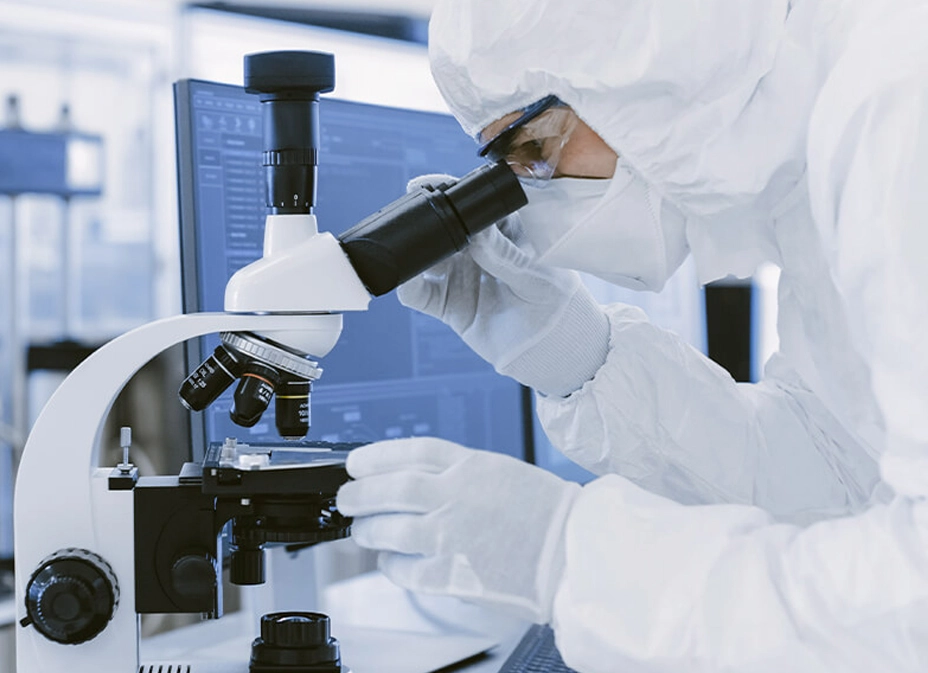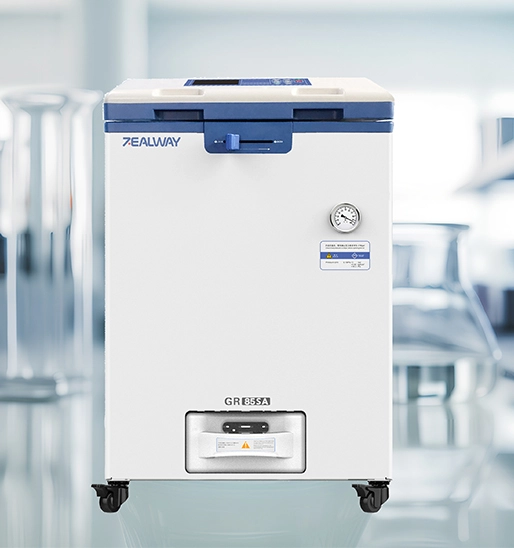Lab autoclaves are essential for sterilizing a variety of items to ensure a contamination-free environment. Common items that can be sterilized include glassware (such as beakers, flasks, and petri dishes), metal instruments (like scalpels and forceps), and certain types of plasticware that are autoclave-safe. Additionally, lab media, solutions, and biological waste can also be sterilized. It’s important to note that not all materials are suitable for autoclaving; items like heat-sensitive plastics, certain chemicals, and electronic devices should be excluded. Always consult the manufacturer’s guidelines to ensure proper and safe autoclaving procedures.


Lab autoclaves sterilize equipment and materials using high-pressure saturated steam. The process begins by placing items inside the autoclave chamber, which is then sealed. Water is heated to produce steam, which displaces air in the chamber. The steam reaches temperatures of 121-134°C (250-273°F) and pressures of 15-30 psi. This high-temperature steam penetrates materials, effectively killing bacteria, viruses, fungi, and spores. The sterilization cycle typically lasts 15-30 minutes, depending on the load and type of materials. After the cycle, the chamber depressurizes and cools, allowing safe removal of sterilized items.
Regular maintenance is crucial for the proper functioning of a Lab Autoclave. It is generally recommended to have it serviced annually by a qualified technician, but the frequency can vary based on usage and manufacturer guidelines.
Safety precautions include wearing protective gear, ensuring the autoclave is properly sealed before operation, not overloading the chamber, and allowing items to cool before handling them.
Proper loading involves placing items in a way that allows steam to circulate freely. Items should not be packed too tightly, and containers should be slightly open to allow steam penetration.
Yes, liquids can be autoclaved, but they require special considerations such as using vented caps and ensuring the containers are not filled to the top to prevent boiling over.
Validation can be done using biological indicators (such as spore tests), chemical indicators (such as autoclave tape), and physical indicators (such as temperature and pressure gauges) to ensure the autoclave is functioning correctly and effectively sterilizing items.
Plant 8#, No. 47, 49, 51, Zhennan 7th Road, Tongan, Xiamen, Fujian, China